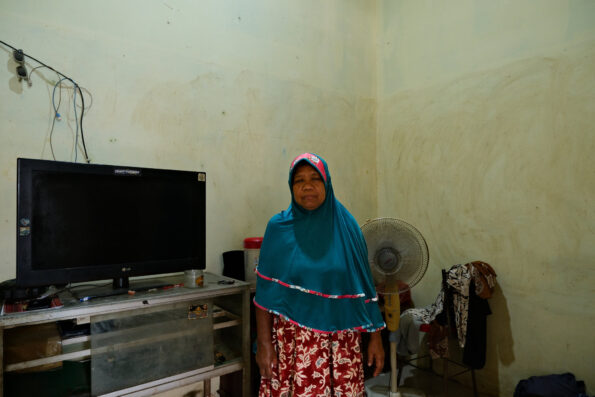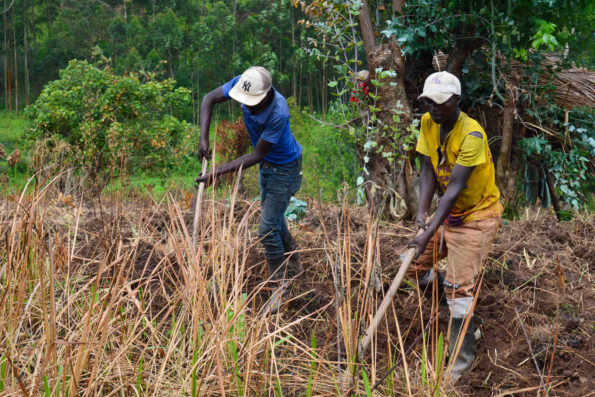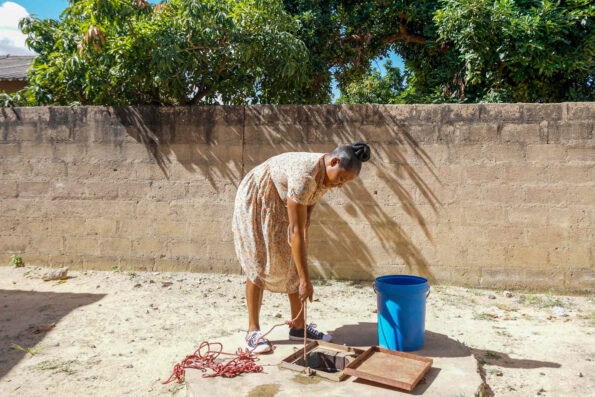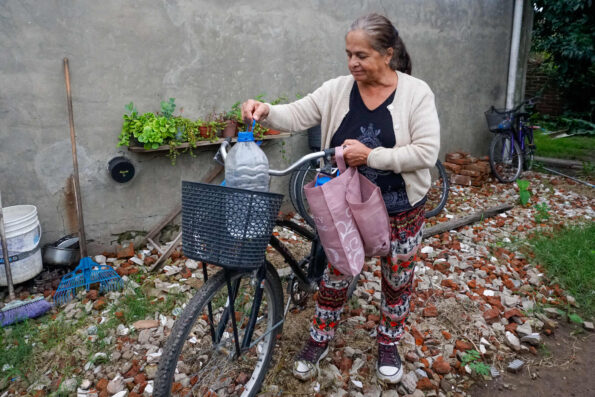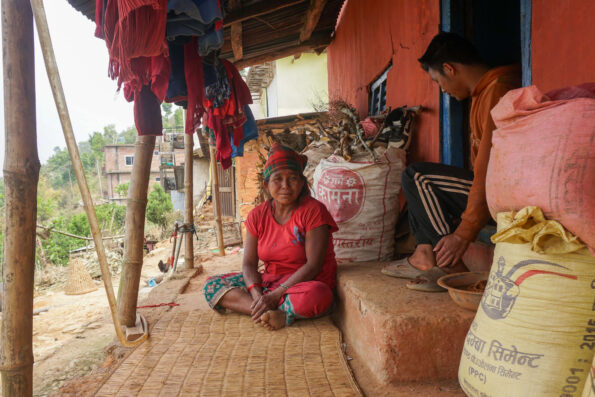
Kumala Wijeratne, GPJ Sri Lanka
The team from the Biodiversity, Cultural and National Heritage Protection Branch of Sri Lanka Customs pose with the tusks before the start of the ceremony.
COLOMBO, SRI LANKA – The Sri Lankan government destroyed 359 elephant tusks, valued at $2.7 million, on Jan. 26 at a special public ceremony held in Colombo, this country’s commercial capital.
A two-minute silence was observed to honor the elephants, which were killed when their tusks were poached. Religious rites were held by Buddhist, Hindu, Christian and Muslim clergy to bless the elephants and seek their forgiveness. A machine crushed the ivory into fine granules, which will later be incinerated, at another public event, at a cement factory. The date for that event has yet to be set.
The public crushing was attended by some of Sri Lanka’s senior parliamentary, cabinet and other officials. John E. Scanlon, the secretary-general of the Convention on International Trade in Endangered Species of Wild Fauna and Flora (CITES) was present and members of the public, including school children and university students, also attended.
Global Press Journal met with Samantha Gunasekara, one of the event’s main organizers, in the days before ceremony. Gunasekara is a former deputy director of Sri Lanka Customs and founder of the Biodiversity, Cultural and National Heritage Protection Branch of Sri Lanka Customs, where he now serves as a consultant.



How and when was this ivory shipment detected?
“The shipment was detected on the 12th May 2012 when they made an emergency landing in Sri Lanka.
Three containers consisted of dried sprats to put off sniffer dogs, covered with bags of recyclable plastic and bundles of tusks in the center. A scanner detected the bundles of tusks. It was declared as recyclable plastic.”
Where was the shipment heading and how was it detained in Colombo?
“The shipment was destined to Dubai from Kenya. It was detained in Colombo after a tip-off from the Regional Intelligence Liaison Office in Korea.”
Is Sri Lanka a popular route for illegal ivory and biodiversity smuggling?
“This was the first time we came across a big haul of ivory. Since many biodiverse species in large quantities have been detected in Colombo over the past few years, smugglers by-pass the route and avoid Sri Lanka for trans-shipment.”



What methods will be used in the future to detect such smuggling?
“The use of scanners and high technology and increased coordination and collaboration internationally within the region will ensure detection and strict legal enforcement.”
The cargo has been detained by customs for more than three years. Why?
“Identification and investigation took time as we had to coordinate with Kenyan shipping authorities and the consignee in Dubai to trace information. Reports from the country of origin were delayed. Interpol, too, intervened. The (2015) presidential and general elections caused further delays. We had to find appropriate means to destroy them.”
Were previous efforts made to dispose of the ivory?
“There were political issues locally as there was a directive from the Presidential secretariat at that time to hand over the cargo to Colombo Logistics. Sri Lanka Customs was against it as it had to comply by the Convention on International Trade in Endangered Species of Wild Fauna and Flora agreement that Sri Lanka signed in 1979.“
Temples, too, rejected them. Why?
“It was next decided to be gifted to temples but was rejected as the elephants were killed for the ivory and Buddhism doesn’t condone such killings.”



Does ivory poaching happen in Sri Lanka?
“Sri Lanka does not have a large elephant population, especially tuskers. It happens very rarely. There’s only an elephant human conflict due to deforestation.”
How is ivory used in Sri Lanka?
“Ivory found in temples are of those elephants in the service of the temples for traditional annual processions and (who) died a natural death. Such tusks are preserved, and kept on record by the temples. It was a custom in ancient times when kings gifted elephants to the temples.”
Why was it important that this be a public event?
“We need transparency. Sri Lanka needed to clear its image internationally and correspond to the international treaties and agreements.
We need to promote tourism and gain the respect and confidence globally. We need to comply with international conventions.
This will also discourage smugglers and poachers and reduce the demand for such commodities and discourage killing wild life. People need to protect indigenous species by reducing the demand.”


